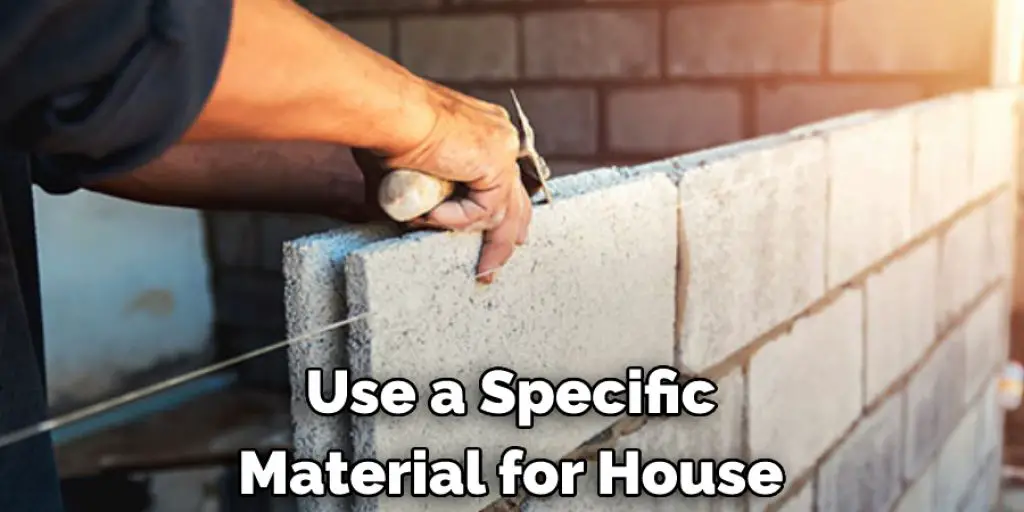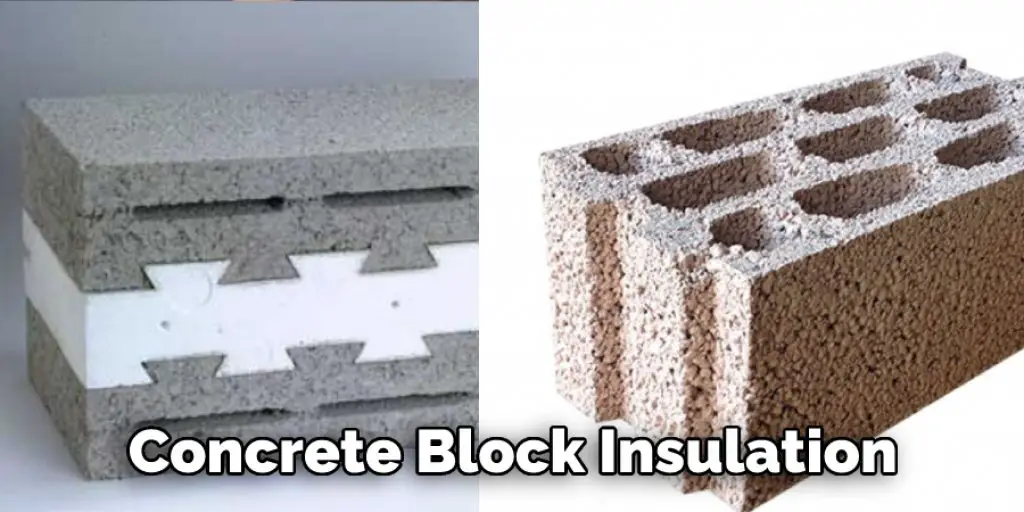Have you ever wondered why even with closed doors and an open fireplace during the winter season, you still feel cold inside your home? Or even with your air-conditioning thermostat set at high, you still feel hot during the summer? Yes, you might be thinking of the right answer. It’s all probably because you don’t have home insulation, or your current home insulation isn’t efficient.

Our home is one of our biggest investments. It’s also where we spend the majority of our time and money. It would help to mitigate expenses and cut them down while still maintaining the comfort and convenience our home should give. And what a better way to start than by looking over our home insulation first.
The What, Why, And When In Home Insulation
This article will thoroughly discuss all essential details of home insulation- the what, why, and when. These essential questions have a lot to do when it comes to selecting proper home insulation, the place where it should be installed, and why you need to have one.
All other pertinent and related information will also be included to emphasize the importance of home insulation to your home and health.
What is Home Insulation?
First things first, what is home insulation? Technically, home insulation uses a specific material to insulate a building or a house. Insulation is the process that uses materials that can reduce both heat loss and heat gain. This can be done by installing a specific material between the inside of the building or a house. It will act as a barrier from the significantly different temperatures outside.
There are three major types of insulation materials used in the construction industry nowadays: foam, fiberglass, and cellulose. You can ask expert builders, such as the Storm Pros Roofing and Construction, if you are interested in getting either of the three.
They can fully assist you with your inquiries regarding which material is best for your home. They offer a free estimate and overall home condition conduction checking to see which part of your house needs the most insulation.

What Type Of Home Insulation Should I Get?
Since there are different materials used in home insulation, it’s imperative to identify first your answers to the following questions:
1. Where should you install your insulation?
2. What are the recommended R-values in that specific location?
By identifying the answers to these questions, you can now select what material you should get. To have an overview, see the details below.

● Concrete block insulation uses foam beads or air into the concrete mix to increase R-values. It’s best installed in unfinished walls, including foundation walls or new construction or major home renovations.
● Foam board or rigid foam uses materials such as Polystyrene, Polyisocyanurate, and Polyurethane. Foam boards are best installed on floors and ceilings.
● Loose-fill and blown-in type of insulation is best for unfinished attic floors and other hard-to-reach places. Experts use cellulose, fiberglass, or mineral (rock or slag) wool during the application.
Why Should I Get Home Insulation?
The advantages and the benefits you can enjoy in having efficient and effective home insulation has a lot to do with your finances and contribution to the environment. Home insulation can help you cut down your monthly electricity bills, which comprises a lot with your budgeting. The frequent usage of air-conditioners during the summer season and the furnace being turned on all the time during winter will significantly increase your bills.
Furthermore, home insulation has a weatherproofing attribute and can eliminate moisture problems, such as condensation. Other types of insulation can add sound-proofing to your house.
And if you are promoting green movement advocacy, insulating your home is one of the best methods. Less power consumption is generated in your residence, which means there is less carbon footprint contribution. This reduces your impact on worsening the current status of the environment.
Lastly, the reason why many homeowners highly consider the idea of insulating their properties is it significantly increases their value. When a resale happens in the future, it’s a significant marketing advantage for the owners since many potential buyers prioritize insulated homes with their purchase.
Why Is It Important?
Aside from being a great aid in managing your finances, having properly installed home insulation will help you maintain the right temperature inside your house. This can prevent you and your family from acquiring respiratory-related diseases like worsening asthma, recurring flu, and other health issues. Not only will you save money from utilities, but you’ll also avoid spending money on medical expenses.
What’s even more important is that you can enjoy comfort and convenience inside your home without always being concerned about constantly controlling and setting the proper temperature.
When Is The Right Time To Change Or Update Your Home Insulation?
Home insulation needs maintenance and replacement over time. Damages are inevitable, and a house is vulnerable to any potential damages. Roof damages that involve water leakage can eventually damage the insulation and can break it down faster. Here are a few things you need to watch out for. Consider these things before you change your insulation.
●Heating and Cooling Issues – if you need to increase your air conditioner’s temperature frequently, there’s a tendency that your insulation is not working as it should.
● Drafts – cold drafts occur if the insulation doesn’t keep the air outside from entering your house. If this happens, you need to replace your insulation.

● A sudden increase in electricity bills – frequent usage of the furnace or the air-conditioner will increase bill expenses, which means your insulation is not working efficiently.
Takeaway
Insulating your home has various advantages, and it isn’t surprising why every homeowner is interested in having one. It doesn’t only provide a more comfortable living space but also aid in improving the health of each resident. Home insulation even helps the environment, which more consumers are giving more importance to. Moreover, well-insulated homes increase the home’s value. This shows that insulating your home is a practical and beneficial step for any homeowner to take
Frequently Asked Questions
What Is the Most Important Insulation in a House?
While there are many different types of insulation, batt insulation is the most important. Batt insulation works to delay or reduce energy loss in buildings by sealing air and moisture inside the fabric and then blocking these elements from escaping. This makes it a popular choice for homes that are subject to high temperatures (such as coastal homes) and humidity levels (such as tropical areas).
Another benefit of batt insulation is its fire repellant properties. When installed correctly, batts can prevent interior walls from catching on fire due to heat buildup during a blaze. Additionally, batts help keep your home comfortable in cold weather conditions because they trap warm air within the structure and prevent drafts from entering your home.
Is It Better to Insulate Ceiling or Walls?
There are pros and cons to both options, but if you’re looking for maximum energy efficiency in your home, it may be best to insulate the ceiling rather than the walls. This is because the insulation on ceilings tends to work better as a heat-recovery system. Thus, during hot weather conditions, less energy will be needed to maintain comfortable temperatures in your home. In addition, installing an attic or basement thermal membrane can help further enhance this effect by trapping warm air inside of the structure and preventing it from escaping through windows and doors.
On the other hand, wall insulation offers added protection against drafts and noise infiltration due to temperature fluctuations outside of your home. Additionally, cold spots caused by insulated walls can also reduce condensation on indoor surfaces which can lead to mildew growth (or worse).
Which Type of Insulation Is Most Effective?
There are a few different types of insulation that can be effective in reducing the amount of heat that escapes your home. The most popular types of insulation are cellulose, mineral wool, and foam. Each type of insulation has its own advantages and disadvantages, so it’s important to choose the one that is best suited for your needs.
Cellulose insulation is the most affordable and widely available type of insulation, and it is also the least effective at reducing heat loss. Mineral wool insulation is a good choice if you want to reduce energy costs, as it is one of the most efficient types of insulation. Foam insulation is the most expensive option but it is also the most effective at reducing heat loss.
What Do I Need to Know Before Installing Insulation?
Before you go out and purchase insulation, it is important to understand a few things. One of the most important factors to consider is your climate. Make sure that the insulation is appropriate for the location and weather conditions in which you will be using it. In addition, install insulation properly so that it can perform its intended function. Do not use duct tape or other temporary methods; these may not last long and could potentially damage your home insulation system
When installing fiberglass batts, make sure that there are no air leaks around doors and windowsills; this will allow heat to escape rather than enter. And finally, be aware of potential electrical hazards when working with electricity – take proper precautions such as wearing gloves and safety glasses during installation procedures. By understanding these basics beforehand, you can avoid any Potential Problems down the road!








